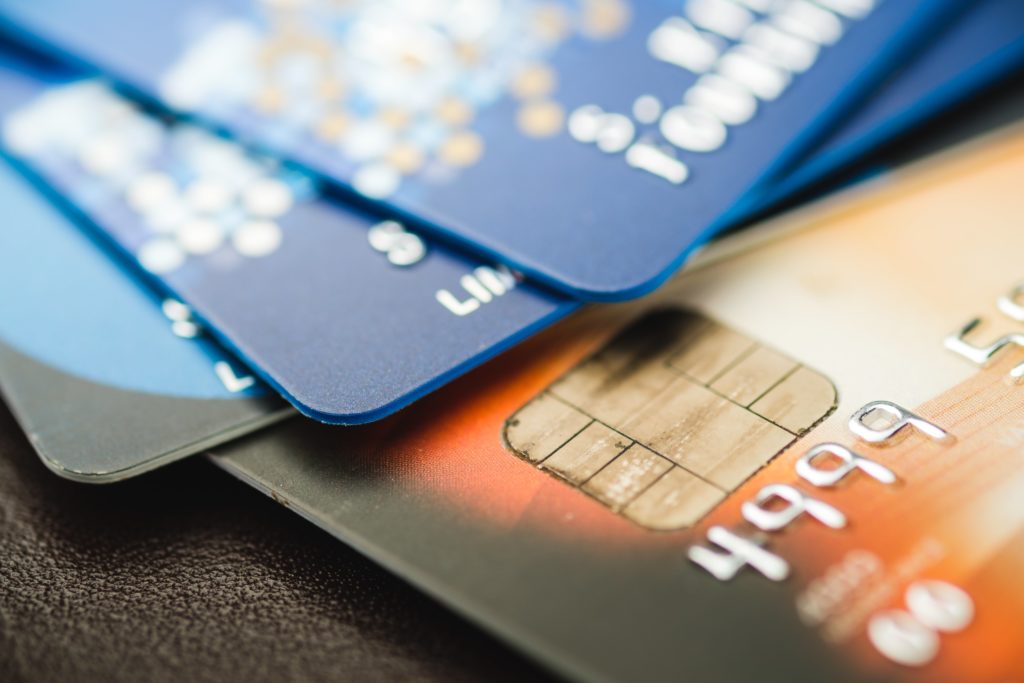So you want to manage your student loans from direct tribal lenders and perhaps even get rid of credit card debt for good, right? Learning to structure and organize your finances before you start to earn your degree never comes easy for anyone, and is often not taught by the people in our lives. More times than not our parents are too busy with their own lives and might feel they will stress you out more by playing with the numbers of budgeting to show you just what you are up against in advance. So once you have graduated you should already have a general idea by doing some basic inventory of your finances and perhaps check out what you may foresee for the coming 6-12 months in college.
We are hearing in the news that university education is about to get much more expensive, means that it is more important than ever before that students and graduates get their finances straight and are more proactive when it comes to money matters. Managing your finances as such an exciting, and expensive, time can be difficult, so we’ve put together some useful tips to help you on how you get in less debt and have a better chance of getting out of it once you finish in education.
Everyone should be keeping a close watch on overdrawn accounts at the lowest possible interest, make sure you know how much is in each account and make a record of any old direct debits or payments. To make some positive changes for the future of our finances we need to take a hard look at ourselves to see if we were careless with old statements and bank letters, usually in a big mixed up box where there is no chance of ever finding the document you’re after. Try to get out of the habit of doing this and use a filing cabinet or organizer to sort any documents by account, meaning it’s easier to find something should you need to check an overdraft limit, account number or any other information provided by the bank. Every 6 months go through your documents and get rid of anything you no longer require.
So we should always work at budgeting our monthly income and then subtract the cost of your monthly essentials from it. Begin with your rent, utility bills and food. This will leave you with your disposable income, which you should then divide into weekly amounts and at the beginning of each week take out in cash. Having the cash in your wallet rather than using your card means you always know how much is left for the week, making you less likely to overspend.
When debt worries creep up on you, it can be tempting to ignore them and carry on with the more enjoyable things in life- like the student union bar- but it’s really important that you remain aware of your finances and avoid diversion tactics such as writing out checks for amounts you know you don’t have or taking money out when you know a debit is about to put you up to your limit, as you will just end up in more debt because of charges.
Work at your studying, and work at learning to save your money and only borrow for the purpose of increasing your credit score, not to end up with high and out of control bills. There are plenty of part time jobs going, but make sure you use your time wisely and work more in Holidays and quiet times of the year. Working less during exams and deadlines to stay focused on your achievements.










